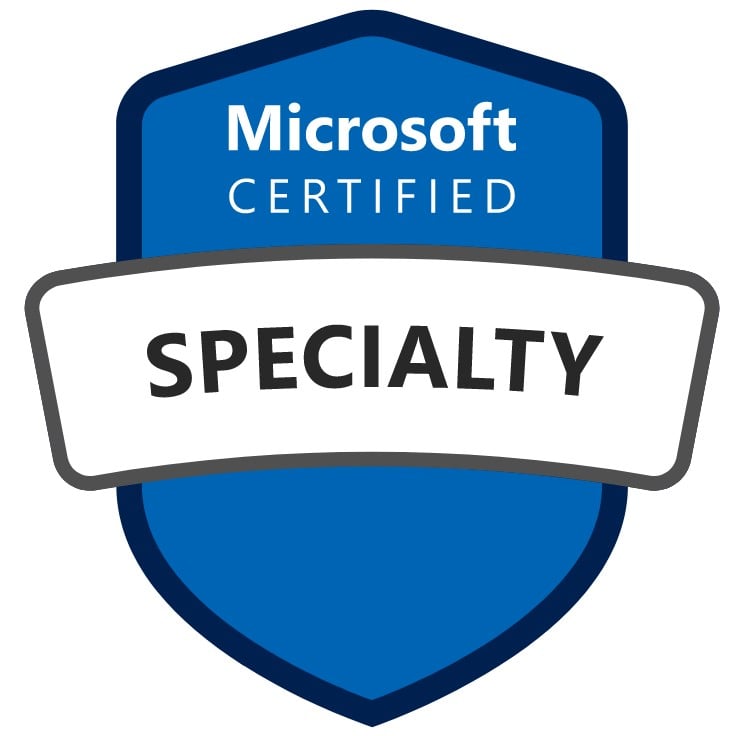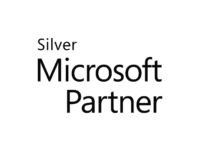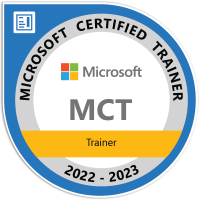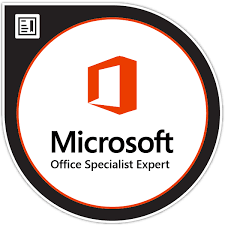Lesprogramma
Module 1: Get started with Azure Cosmos DB SQL API
Modern apps thrive on real-time data from different sources and shaped in different forms. These apps require a modern database that can handle the variety and velocity of data that will be thrown at it. In this module, we will explore Azure Cosmos DB and how the SQL API can solve some of the problems presented by modern applications.
Module 2: Plan and implement Azure Cosmos DB SQL API
Creating a new Azure Cosmos DB account often requires making a lot of configuration choices that can, at first, be daunting. While the defaults fit a lot of scenarios, it makes the most sense to familiarize yourself with the configuration options to ensure that your account and resources are optimally configured for your solution. In this module, you will learn how to prepare and configure an Azure Cosmos DB account and resources for a new solution.
Module 3: Connect to Azure Cosmos DB SQL API with the SDK
There are various SDKs available to connect to the Azure Cosmos DB SQL API from many popular programming languages including, but not limited to .NET (C#), Java, Python, and JavaScript (Node.js). In this module, you will get hands-on with with the .NET SDK for the Azure Cosmos DB SQL API.
Module 4: Access and manage data with the Azure Cosmos DB SQL API SDKs
The SQL API SDK for Azure Cosmos DB is used to perform various point operations, perform transactions, and to process bulk data. In this module, you will use the SDK to manipulate documents either individually or in groups.
Module 5: Execute queries in Azure Cosmos DB SQL API
The Azure Cosmos DB SQL API supports Structured Query Language (SQL) as a JSON query language. In this module, you will learn how to create efficient queries using the SQL query language.
Module 6: Define and implement an indexing strategy for Azure Cosmos DB SQL API
By default, Azure Cosmos DB automatically indexes all paths of documents stored using the SQL API. This is great for developing new applications as you can create complex queries almost immediately. As your application matures, you can customize your indexing policy to better match the needs of your solution. In this module, you will learn how to create a custom indexing policy.
Module 7: Integrate Azure Cosmos DB SQL API with Azure services
Azure Cosmos DB has tight integration available with many other Azure servicers such as Azure Functions, Azure Cognitive Search, Azure Event Hubs, Azure Storage, Azure Data Factory, and Azure Stream Analytics. Going even further, you can use the change feed to integrate Azure Cosmos DB with many other services both in and out of Azure. In this module, we will integrate Azure Cosmos DB with both Azure Functions and Azure Cognitive Search. We will also explore the change feed using the SDK.
Module 8: Implement a data modeling and partitioning strategy for Azure Cosmos DB SQL API
Azure Cosmos DB is both horizontally scalable and nonrelational. To achieve this level of scalability, users need to understand the concepts, techniques, and technologies unique to NoSQL databases for modeling and partitioning data. In this module, you will model and partition data appropriately for a NoSQL database such as Azure Cosmos DB SQL API.
Module 9: Design and implement a replication strategy for Azure Cosmos DB SQL API
Today’s applications are required to be highly responsive and always online. To achieve low latency and high availability, instances of these applications need to be deployed in datacenters that are close to their users. In this module, you will explore how to replicate data and manage consistency across the globe using Azure Cosmos DB SQL API.
Module 10: Optimize query performance in Azure Cosmos DB SQL API
Azure Cosmos DB offers a rich set of database operations that operate on the items within a container. The cost associated with each of these operations varies based on the CPU, IO, and memory required to complete the operation. In this module, you will explore how to manage indexing policies and edit queries to minimize per-query request unit (RU) cost.
Module 11: Administrating and Monitoring tasks for an Azure Cosmos DB SQL API solution
When you have critical applications and business processes relying on Azure resources such as Azure Cosmos DB, you want to monitor those resources for their availability, performance, and operation. In this module, you will explore how to monitor events and performance of an Azure Cosmos DB account. You will also learn how to implement common security measures along with backup and restore in Azure Cosmos DB.
Module 12: Manage an Azure Cosmos DB SQL API solution using DevOps practices
Once an Azure Cosmos DB SQL API account is ready to go through a release lifecycle, it’s not uncommon for an operations team to attempt to automate the creation of Azure Cosmos DB resources in the cloud. Automation makes it easier to deploy new environments, restore past environments, or scale a service out. In this module, you will explore how to use Azure Resource Manager to manage an Azure Cosmos DB account and its child resources using JSON templates, Bicep templates, or the Azure CLI.
Module 13: Create server-side programming constructs in Azure Cosmos DB SQL API
Azure Cosmos DB provides language-integrated, transactional execution of JavaScript. When using the SQL API in Azure Cosmos DB, you can write stored procedures, triggers, and user-defined functions (UDFs) in the JavaScript language. In this module, you will author JavaScript logic that executes directly inside the database engine.
4 dagen
Max 16 deelnemers
![Microsoft Partner – Silver Data Analytics]()
![Microsoft Certified Trainers]()
![Microsoft Office Specialist Expert]()
![Cedeo]()


 Terug naar het overzicht
Terug naar het overzicht 



 Toon data en locaties
Toon data en locaties  Brochure
Brochure 





